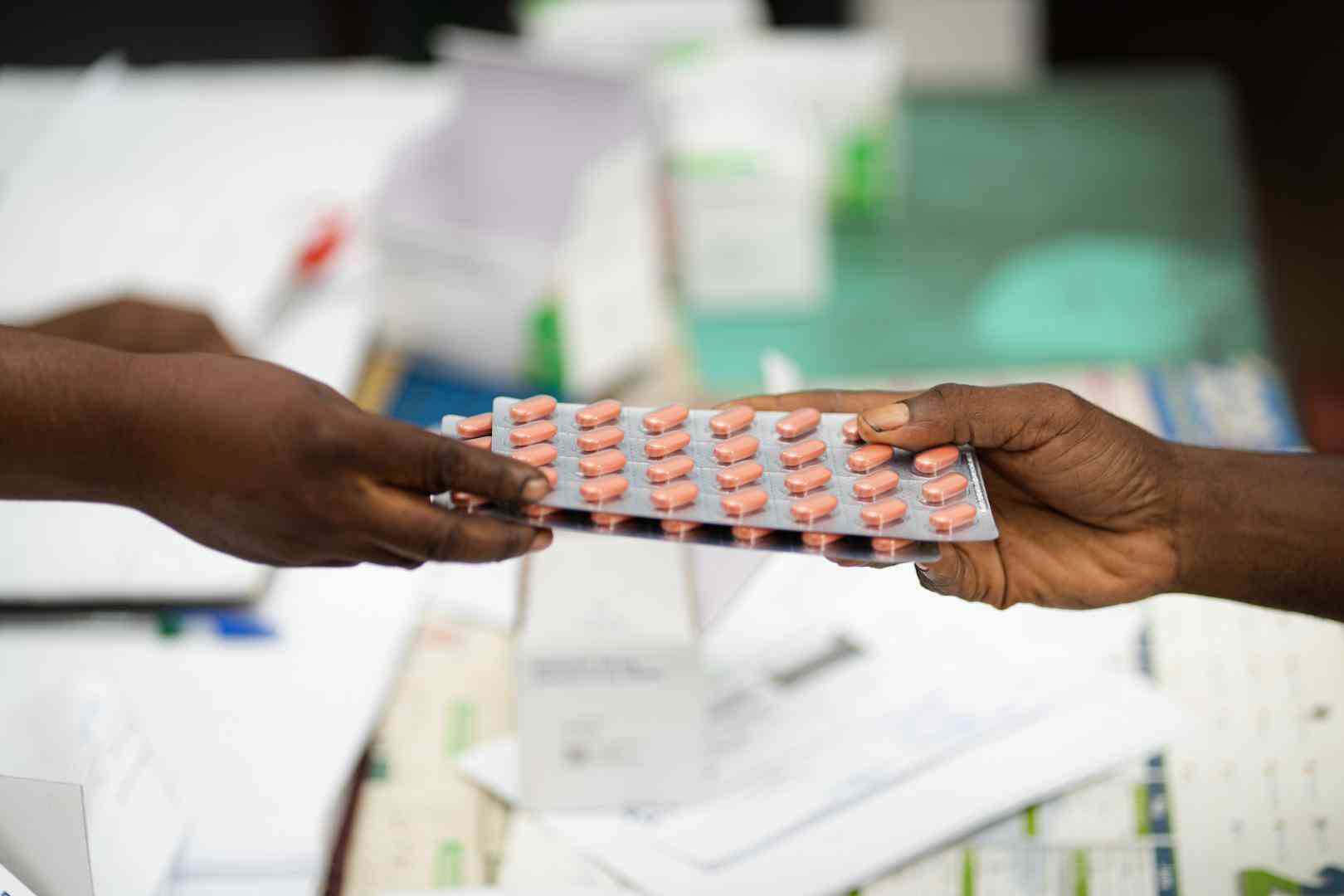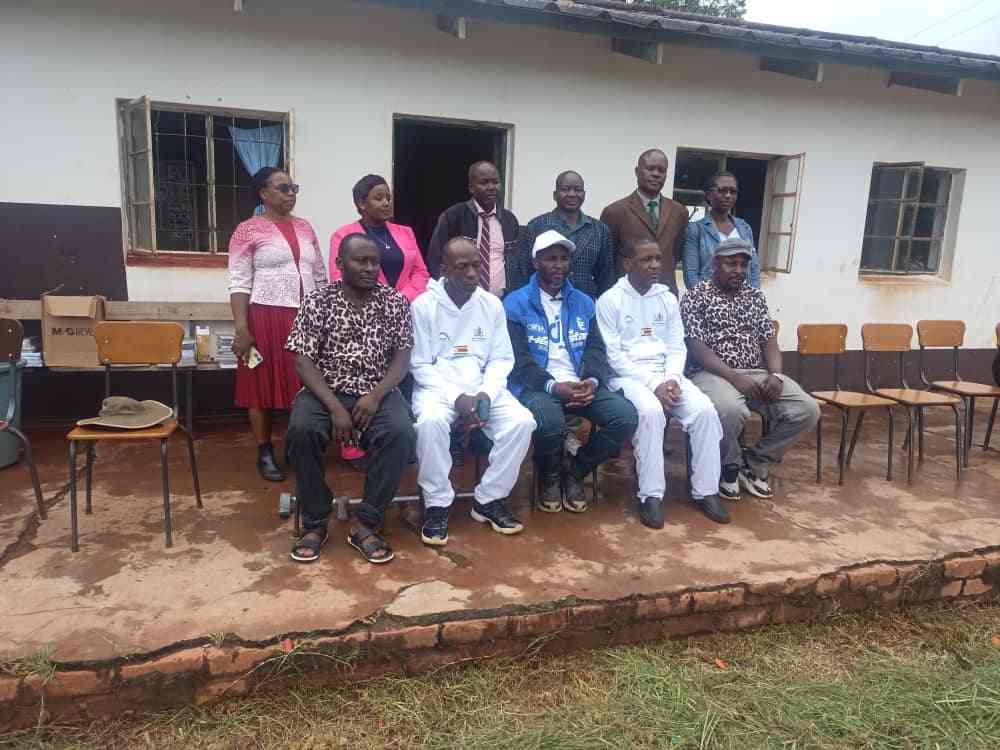
Zimbabwe, just like any other developing country, is battling to contain Tuberculosis (TB) amid the dearth of investment and funding for the control of the infectious bacterial disease.
On the other hand, the Covid-19 pandemic threatens to roll back progress made so far in controlling TB in the country.
TB remains a public health emergency, with 30 000 people falling ill and more than 4 000 lives lost each day globally, despite it being both preventable and curable.
In Zimbabwe, 16 300 TB cases were identified in 2021, from an estimated 30 000 incident cases, translating to treatment coverage of 54%.
While the country has made remarkable progress in curtailing the burden of the disease and has now been removed from the list of top 30 high burden countries for TB on account of sustained investments to strengthen the national TB control programme and a successful anti-retroviral programme, the country still grapples with close to 14 000 missed cases annually, and a disproportionate burden of TB-HIV and drug-resistant TB.
In addition, over 80% of TB patients experience substantial high out of pocket costs and indirect costs such as income loss when accessing services, an important barrier to life-saving treatment.
According to the World Health Organisation (WHO), every year the African region requires at least US$1,3 billion for TB prevention and treatment.
However, African countries contribute 22% of the needed budget while external funding accounts for 34%. The rest of the budget remains unfunded, seriously undermining the efforts to eliminate the disease.
- Young entrepreneur dreams big
- Chibuku NeShamwari holds onto ethos of culture
- LSU students win innovation prize
- Mhofela finally drops album
Keep Reading
Furthermore, finding TB in children remains elusive with notifications in 2021 accounting for 5% of total notifications against an annual global achievement of 10-12%.
The situation has been compounded by the disruptive impact from Covid-19 in recent years, albeit with signs of recovery as noted in 2021.
In his speech to commemorate World TB Day on Friday, WHO representative in Zimbabwe professor Jean-Marie Dangou said adequate funding of TB control would go a long way in helping the country meet the global target of ending the disease by 2030.
“Ending TB is very possible, but there is need for government and partners to commit more financial resources to address the current funding gaps and deliver quality TB services for everyone in need, particularly the most vulnerable,” said Dangou.
Zimbabwe on Friday joined the world in commemorating World TB Day, an opportunity to take stock of global efforts to end TB by 2030.
The commemorations were held under the theme Yes we can end TB, which recognises the global community’s shared resolve to harness high-level leadership for increased investment, adoption of innovations, and multisectoral collaboration to combat this important epidemic.
This year’s TB Day is even more critical as a platform to raise awareness and garner the much-needed political commitment to step up the fight ahead of the 2023 UN High-Level Meeting on TB, slated for September.
“Our shared aspiration to end TB is a real possibility if only we harness our collective resolve to do more with less, targeting the finite resources more intelligently, to innovations with potential for greatest impact,” said The Union Zimbabwe Trust (UZT) executive director Ronald Thulani Ncube.
Continued investment towards ending TB remains a priority from both domestic sources and donor funding to bridge the funding gap in the current national strategy of US$62,6 million, health experts say.
Multi-stakeholder collaboration remains a critical enabler, building on the platform of the recently launched multisectoral accountability framework for TB.
As such, WHO and UZT call on the government, communities, civil society organisations, and health-care providers, national and international partners to remain a united force, leaving no one behind, to ensure an equitable, rights-based and people-centered national response.
“We recognise the unflinching support, both financial and technical to the national response, from our funding and technical partners such as the Global Fund, WHO, the United States Agency for International Development, the Stop TB Partnership and many others, and implore new partners to join the fight, towards ending TB by 2030,” the two organisations said in a World TB Day joint statement.










